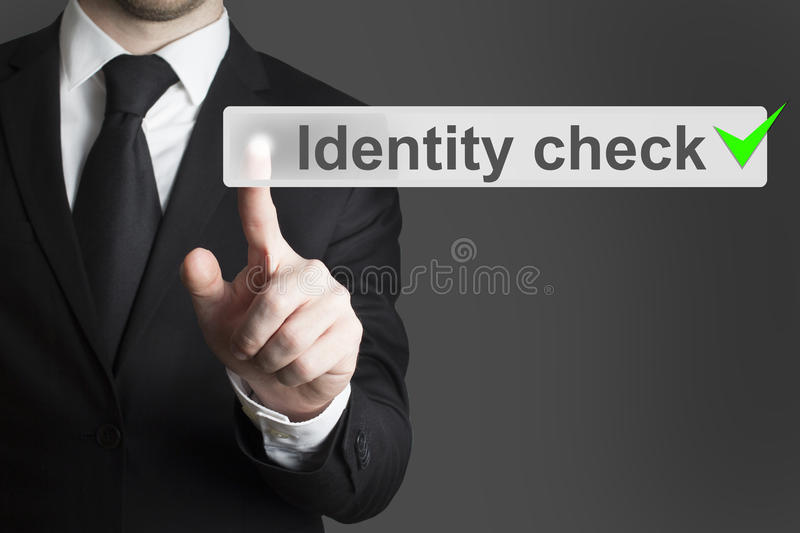 In 2015 the INACOM announced that unregistered telephone numbers had been counted, of course that sparked a revolution among Angolans, since many did not understand or still do not understand why we have to go to the operators to register our phone numbers accompanied by a copy of the identity card.
In 2015 the INACOM announced that unregistered telephone numbers had been counted, of course that sparked a revolution among Angolans, since many did not understand or still do not understand why we have to go to the operators to register our phone numbers accompanied by a copy of the identity card.
According to the 2017 Mobile Economy Report of the GSM Association, Africa currently has 420 millions of unique mobile subscribers representing a penetration of 43%. By 2020, the Report predicts that 500 millions of Africans will be mobile subscribers, making it the fastest growing mobile market.
Ovum, on the other hand, estimates that mobile broadband connections in Africa will increase from 419 million in late 2017 to more than one billion by the end of 2022. Although the numbers may be different, the message is the same: the digital economy in Africa it will be built on mobile platforms, creating interesting opportunities for mobile operators to play a key role in the continent's digital revolution.
In this growing ecosystem, payment solutions that are secure and customer-friendly are of paramount importance. In particular, as mobile operators offer more and more services, identity fraud is becoming a problem. As a result, the ability to verify customer identity has become a business imperative for mobile operators.
However, traditional identity verification methods are subject to manual errors and provide a frustrating customer experience. In contrast, an automated digital identity verification solution can have an immediate impact on reducing fraud and even improving customer enrollment.
Orange, France's leading mobile operator, has benefited from this approach to reduce fraud and the resulting financial consequences. In this case, scanners operated by sales assistants are securely connected to the Internet and automatically send the scanned identification documents to a server for instant verification. After verification, sales assistants and fraud departments receive instant reports confirming their status.
A powerful digital identity verification solution that is automated and integrated with the business process brings a new dimension to customer identity management.
A real example?
Deploying identity verification services can help reduce fraud. According to Technology Research Institute, "Real-time point-of-sale identity verification services are invaluable help in stopping fraudsters from exploiting identity theft." For example, since the Orange introduced the identity verification tool of the Gemalto, fraud in some stores was reduced by 100%. In addition, it was found that identity verification in front of customers discouraged criminals from even attempting to commit fraud.
Creating new opportunities through digital services. A multichannel identity verification solution, which also works remotely, provides a great opportunity for mobile operators to take the first step toward creating a trusted digital identity. Mobile operators have the opportunity to position themselves as reliable digital identity aggregators, validating the identity of the subscriber. This could then lead to new opportunities in complementary markets that require identity verification, from online gaming and banking car rental transactions as well as other sectors that may be required.







